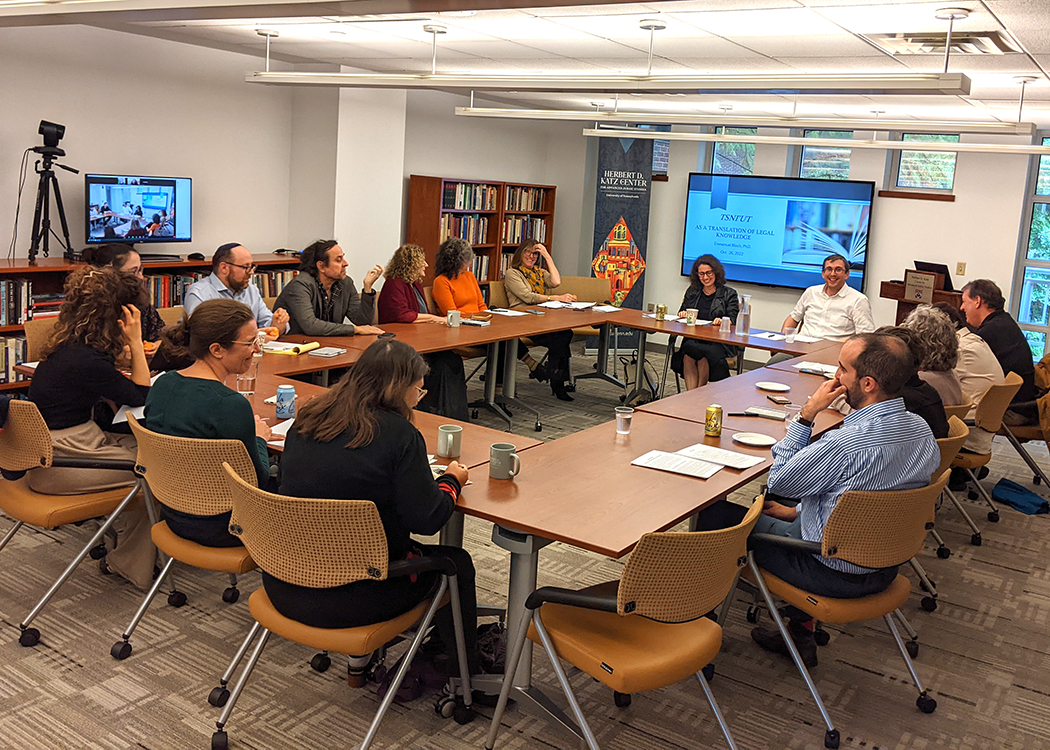Jews and Modern Legal Culture: 2022–23 Fellowship Year Highlights
 During the 2022–23 fellowship year, the Katz Center turned its attention to the study of law between the eighteenth and twenty-first centuries, an age of transition from a world of empires to the modern age of the nation-state and international law.
During the 2022–23 fellowship year, the Katz Center turned its attention to the study of law between the eighteenth and twenty-first centuries, an age of transition from a world of empires to the modern age of the nation-state and international law.